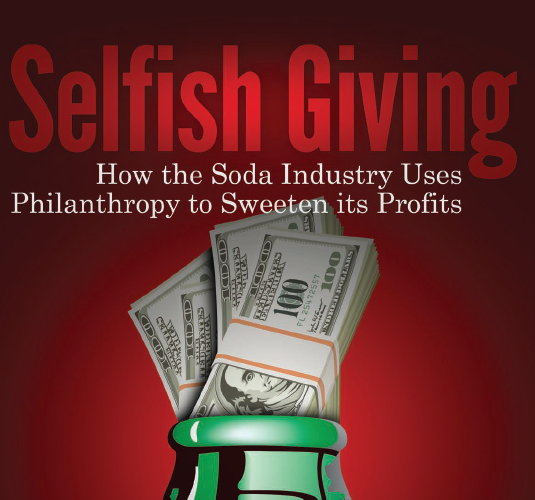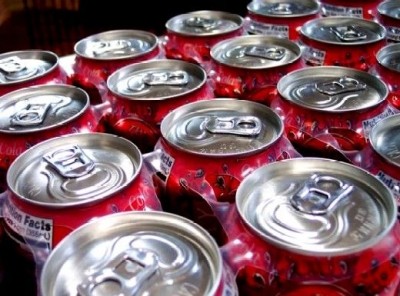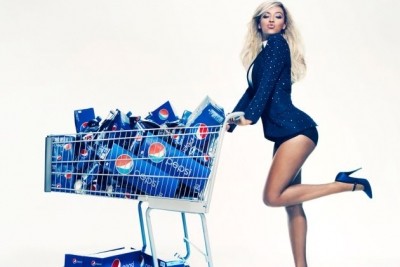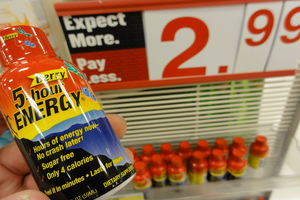CSPI Blues: Coke. Sugar. Shock. Horror. Pepsi. Pepper. Yawn…

Haven’t we heard this all before? Deja-vu (or Deja Voodoo) without that X-factor, with a title slapped on that gives it that sex-y factor…
Ashley Lowe and George Hacker argue this point in the Center for Science in the Public Interest’s (CSPI’s) new report, Selfish Giving: How the Soda Industry Uses Philanthropy to Sweeten Its Profits.
Scientific evidence, they claim, shows that Americans’ excessive consumption of sugar drinks contributes to the nation’s obesity epidemic (they cite 2010 Dietary Guidelines for Americans) as well as heart disease, diabetes, gout and other health problems.
“Amid growing public concern about soft drinks and health, beverage companies are using strategic philanthropy to protect their images and profits and to fend off public health and regulatory policies that aim to limit soda consumption,” Lowe and Hacker write.
‘Winning allies, silencing potential critics’
Soda companies use philanthropy strategically, the CSPI report claims, to (1) link brands to health and wellness rather than illness and obesity, and (2) create partnerships with respected health and minority groups to “win allies, silence potential critics, and influence public health policy decisions”.
Really? It’s pretty pat to jab the finger continually at big soda, slip into big business conspiracy mode and overlook the fact that not every decision is made by the cynical ‘man’, but rather women and men within big firms who often wish to do the right thing. And if this coincides with profit?
Well, since when was making money a bad thing? Lowe and Hacker themselves state that soft drinks were worth $38bn to the US economy in 2011; besides, strong beverage sales should be considered a boon to society: creating jobs, raising living standards, allowing wealth creation.
The CSPI uses the Trust in Health September 2012 report to advance the link between excess soda consumption and obesity, and claims that soft drinks “wreak economic havoc” by costing the US economy $147bn to $210bn annually in healthcare bills.
But the ocean in-between these two figures makes me jittery regarding their accuracy, as does soda bashing generally, as opposed to healthy (pun intended) criticism.
Strip cola from the shelves!
I like sugar-sweetened drinks, and yes, while I agree the duty to advance responsible consumption starts with big beverage firms, it also ends with the consumer. But yeah. Let’s strip cola off the shelves. Sure we’ll all be thrilled…
It seems Coke and Pepsi simply can’t garner deserved praise in some quarters, accused of hypocrisy whenever they do the ‘right thing’: partnering health organizations, promoting health and wellness.
I want the state, and advocacy groups, to advance the arguments for and against, say, soda, then make my own decisions. The report also overlooks giant steps being made by PepsiCo and Dr Pepper in particular to develop new low or no-calorie sweetening systems, or (gasp) good-for-you drinks.
Furthermore, given the focus group flak big beverage spent much of 2012 dodging, it’s a bit rich to suggest they buy silence through philanthropy. Their size means all and sundry can shoot at them.
Why pick on big beverage?
Anyway, back to the report. Lowe and Hacker also claim that big beverage (3) garners public trust and goodwill to increase brand awareness and brand loyalty, and (4) courts growing minority populations to increase sales and profits.
Yep. But No.3 is the basis of any marketing activity around a brand – I don’t think big beverage is especially culpable here – while No.4 is as old as commerce, you supply people who demand your products, even advance M&A spend to create demand where it doesn’t exist.
In sum, this report strikes me as less NYPD Blue – the ‘shock, horror’ QED expose it professes to be – than more of the same, CSPI Blues. My immediate reaction on reading it: ‘OK, well so what?’
This is not to denigrate much of the good work done by the CSPI but simply to point out the fact that cynicism is oftentimes misplaced: simple, smug, yawn-some. Hence my title.
The CSPI report is available to read here.








